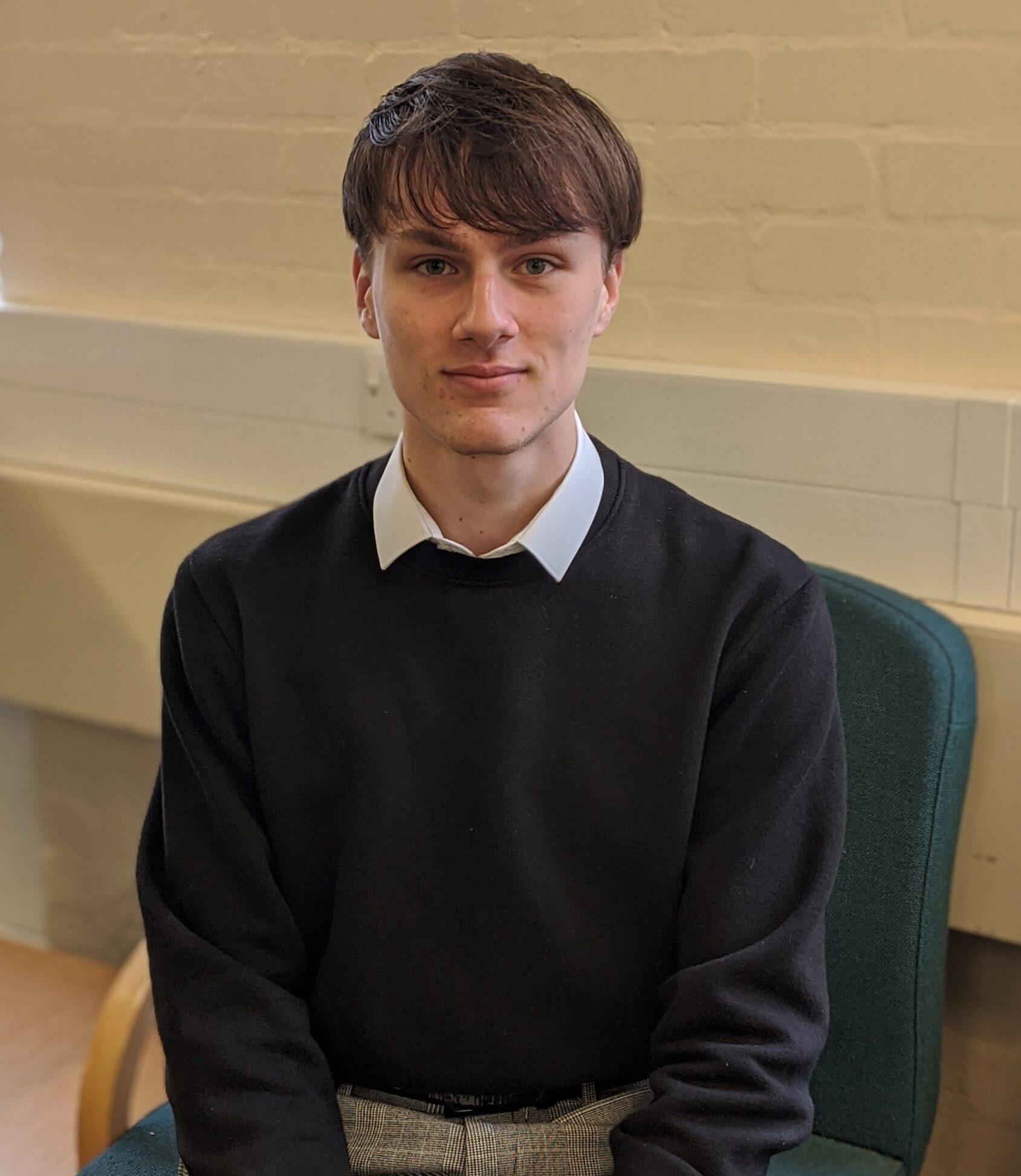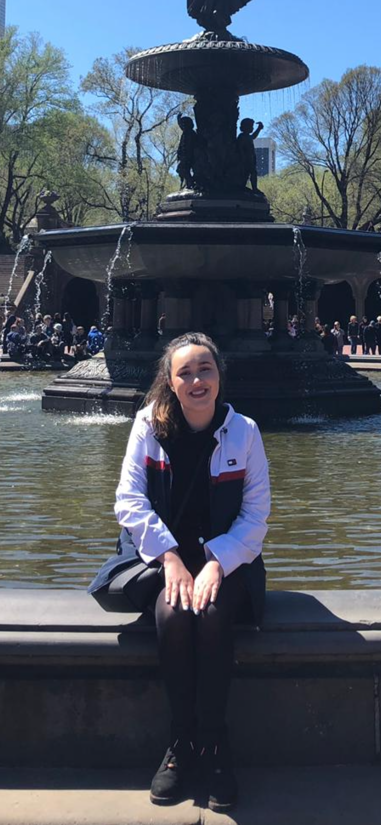
My favourite thing about studying Sociology is the class discussion. We talk about society and debate different viewpoints regularly – it is great to hear everyone’s opinion on the topic. Another great benefit to studying Sociology is the variety of material there is out there to watch and read. Dr Leggett is great at recommending different documentaries or films for us to watch and discuss.
At the start of Year 12, I hadn’t realised how relevant studying Sociology is to our lives – it was really unexpected as I hadn’t studied the subject before. That’s the advice I would give to Year 12 students: even if you haven’t studied Sociology at GCSE, don’t be afraid to give it a try. If you really aren’t happy with your choice you can always change your mind and swap to a different subject, but I doubt you will be!
As well as Sociology, I’m studying Psychology and History. After Sixth Form, I am planing to go to university to study Criminal Psychology.
Studying A Level Sociology was really enjoyable and interesting. I enjoyed the class debates and discussions over the issues we were presented with. Sociology has really helped me develop a wider understanding of the world that we live in and different issues such as media representation, institutional racism and underachievement in schools.
For any future sociology students, I would say really immerse yourself in the topics. For Sociology it’s so easy and beneficial to do extra research and it can be as simple as just watching the news or TV and for example, finding examples of moral panics or representations of social groups. Also for Sociology revision I liked to revise by making flashcards with the sociologists name on and details of their research to help me remember the studies.
In addition to that I would strongly advise future A Level students to use their free periods. When you have a free period, particularly if its 1st or 5th, a lot will think ‘Oh I get a lie in’ or an ‘early finish’ when really its not. If you use the majority of your free periods to do work you will notice a difference in the workload and the results that you get. Doing 3 A Levels is a lot and within that per subject you will often be studying different elements. Sometimes along with that work, you may choose to do the EPQ (like me) and have other commitments to balance (not to make it all sound too overwhelming). So using a few hours throughout the day to complete smaller tasks like homework will make it easier so when you are at home you can dedicate it to larger things such as EPQ, coursework and revision.
I studied English Literature and History alongside Sociology. I found that doing all 3 of my A Levels together was really helpful as they inter-linked. Sociology comes in to English Lit as you have similar theoretical views when studying literature for example, Marxist and Feminist. They also interlink as they are all essay subjects so as my essay writing strengthened in one subject it translated to the others.
After Sixth Form I want to study Criminology and Sociology at University. Obviously Sociology is going to be a significant part of the course, but A Level Sociology isn’t required, so I hope my A Level will give me a good grounding and I’ll be ahead of students who haven’t studied it yet.

Recent Comments